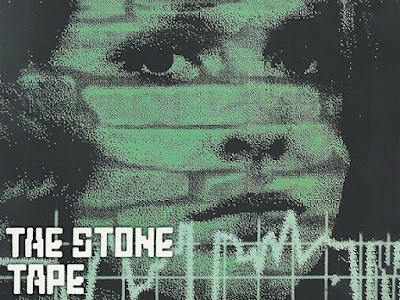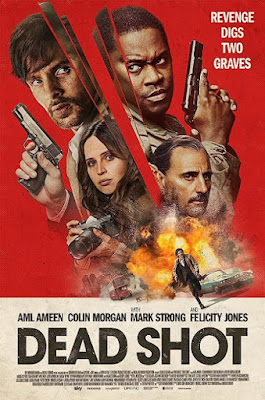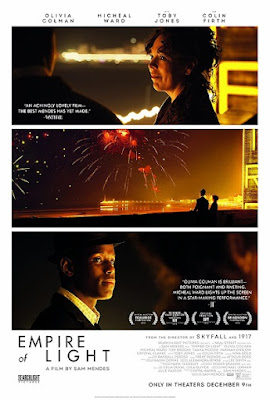This little fish feels very self-conscious about his supposedly drab grey scales, but instead of taking pride in his delicious taste and healthy omega-3 fatty acids, he builds his confidence by telling tall tales. However, his talent will come in handy in Alex Bain & Andy Martin’s Tiddler, the latest BBC and Magic Light Pictures-produced animated short based on a Julia Donaldson book, which screens as pat of the Shorts for Tots program at the 2025 New York International Children’s Film Festival.
Tiddler thinks he is the plainest fish in his literal school, but the skate teacher obviously looks like a skate fish—so maybe he shouldn’t be so hard on himself. Regardless, Tiddler constantly tries to build himself up by arriving late each morning, breathlessly creating an unlikely adventure to explain his tardiness. Most of his fellow students roll their fish eyes, but his pal Johnny Dory loves his crazy fish stories.
In fact, Dory constantly spreads Tiddler’s stories to other fish, who pass them on in turn to other aquatic creatures. Unbeknownst to Tiddler, his fame has spread quite widely throughout the ocean. That notoriety comes in handy after he narrowly escapes from a commercial fishing boat.
Perhaps you could think of Tiddler as a more compact and economical Finding Nemo. Of course, lost animals are a staple of animated fare. Despite any such similarities, you have to like any film that celebrates both creativity and truancy, right parents?



















